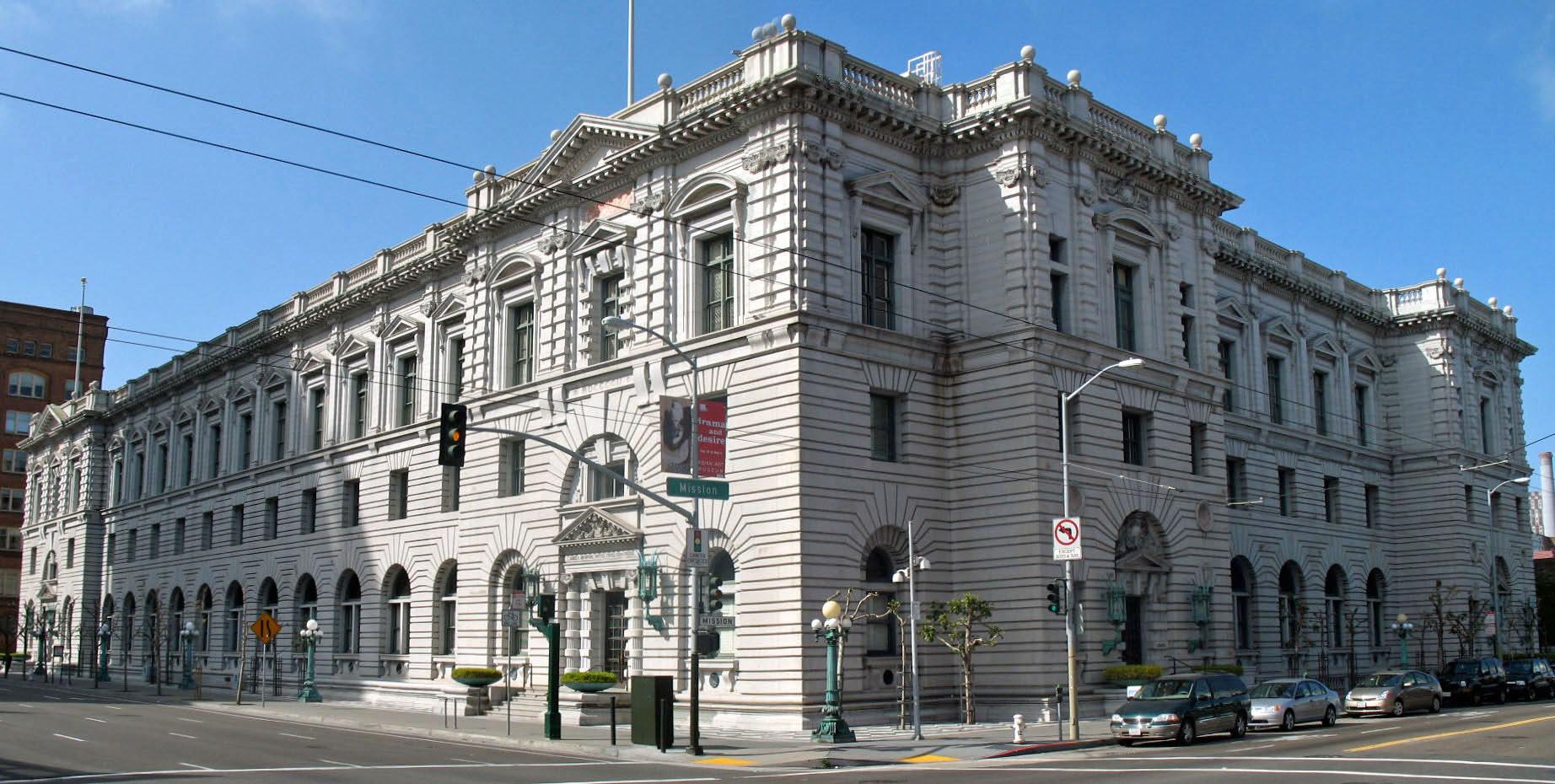Attorneys Seek Dismissal Of Charges Against Prolife Activist David Daleiden
Investigative journalists face felony conviction and prison for revealing illegal activities of Planned Parenthood.

Attorneys from the Thomas More Society appeared in San Francisco Superior Court to present their Motion to Dismiss criminal charges against undercover journalist David Daleiden, in the wake of a Ninth Circuit Court of Appeals decision striking down Oregon’s undercover recording law as unconstitutional.
The October 26 filing argues that California’s similar law also violates the First Amendment. Daleiden has been aggressively prosecuted by California Attorneys General (now Vice President) Kamala Harris, Xavier Becerra, and Rob Bonta, for his investigation into the buying and selling of the tissue and organs of aborted children. Daleiden faces nine felony counts for alleged violations of California undercover recording and other related laws.
The Motion to Dismiss details how Daleiden is being prosecuted for recording “candid responses as part of indisputably newsworthy conversations in places open to the public,” something he did for the purpose of obtaining evidence of violent felonies. Thomas More Society attorneys argue that California law prohibiting undercover recordings in these circumstances is closely analogous to Oregon’s statute, and therefore also violates the First Amendment.
A July 2023 decision in the Ninth Circuit (Project Veritas v. Schmidt) knocked out an Oregon statute that permitted some undercover recordings—such as recording during a felony that endangers human life—but prohibited others, including recordings of newsworthy conversations in public places.
The Ninth Circuit held that Oregon’s recording law blatantly violated the First Amendment, stating that: “The act of recording is itself an inherently expressive activity that merits First Amendment protection. Therefore, prohibiting a speaker’s creation of unannounced recordings in public places to protect the privacy of people engaged in conversation in those places is the equivalent of prohibiting protesters’ or buskers’ speech in public places for the same purpose.”
Peter Breen, Thomas More Society Executive Vice President and Head of Litigation, explained how the Ninth Circuit ruling fatally undercuts the prosecution of Daleiden—which the defense also believes to be prejudicially content based. “The Ninth Circuit has recognized the First Amendment value in undercover recording, especially in public settings and on topics of public interest,” shared Breen. “David Daleiden did exactly that, recording high level Planned Parenthood personnel in open settings, discussing and admitting conduct that violates numerous state and federal laws. It’s long past time for this political prosecution to be dismissed.”
“There is absolutely no compelling government interest in prohibiting recordings of speech in public settings, including those at issue in this case,” Breen continued. “David Daleiden’s 30-month investigation generated videos and evidence that spurred Congressional hearings, criminal referrals, policy and law changes, along with nationwide efforts to defund Planned Parenthood.”
Thomas More Society attorneys also argue that California’s undercover recording law violates the First Amendment because it does not include a requirement that an undercover journalist subjectively intend to record a “confidential” conversation. The United States Supreme Court recently reaffirmed the principle of subjective “mens rea” in its June 27, 2023, decision in Counterman v. Colorado, which struck a state court conviction for illegal speech that had been obtained without a finding of criminal intent on the part of the defendant.
“For an undercover journalist in California, the difference between winning a Pulitzer Prize, or suffering a felony conviction, may hinge on whether a court later determines that a particular recorded conversation was ‘confidential’ or not,” observed Breen. “However, the United States Supreme Court has held that such ‘objective’ tests in criminal speech cases violate the First Amendment.”
Breen pointed out that the “blatantly biased” prosecution of Daleiden is the first ever brought by the California Attorney General against an investigative journalist. The Motion to Dismiss states that, “Numerous other surreptitious recordings, in more confidential settings than are at issue here, have been made and then broadcast on the evening news in California.”
Thomas More Society’s defense team has repeatedly pointed out the selective, viewpoint discriminatory nature of the prosecution of David Daleiden—the only journalist ever charged with a violation of California’s undercover recording law by the state Attorney General.
Read Defendant Daleiden’s Notice of Motion and Nonstatutory Motion to Dismiss filed on October 26, 2023, in Superior Court of the State of California for the County of San Francisco by Thomas More Society attorneys on behalf of undercover journalist David Daleiden in People of the State of California v. David Robert Daleiden and Sandra Susan Merritt, here.
Martin Barillas is a former diplomat and author of 'Shaken Earth', available at Amazon.